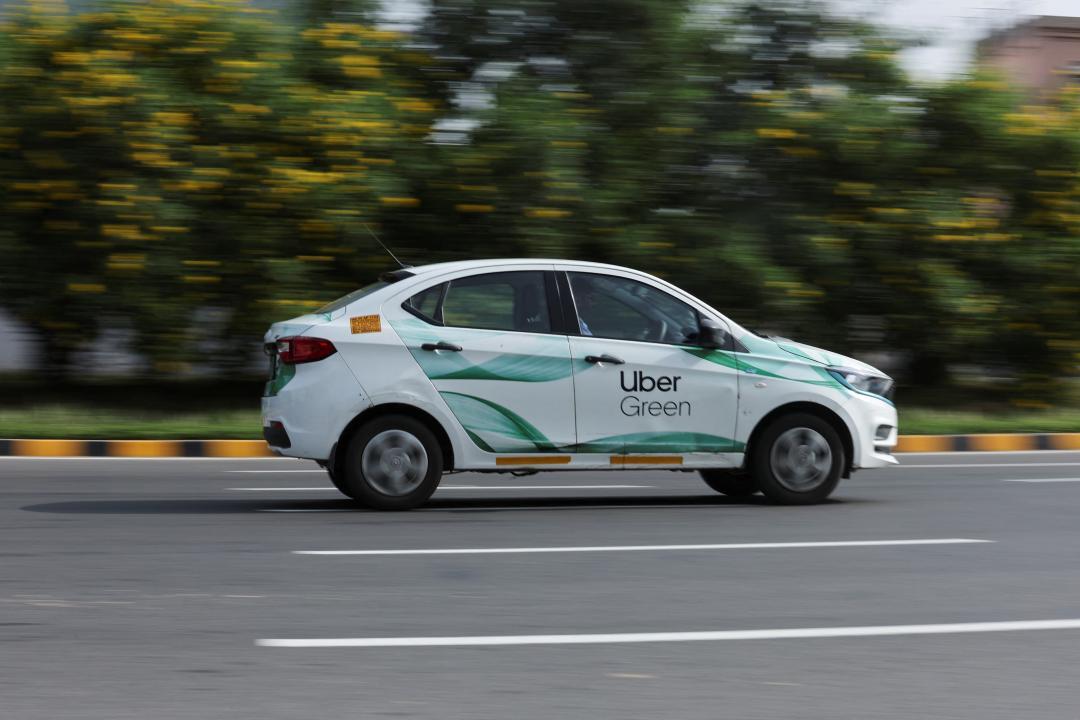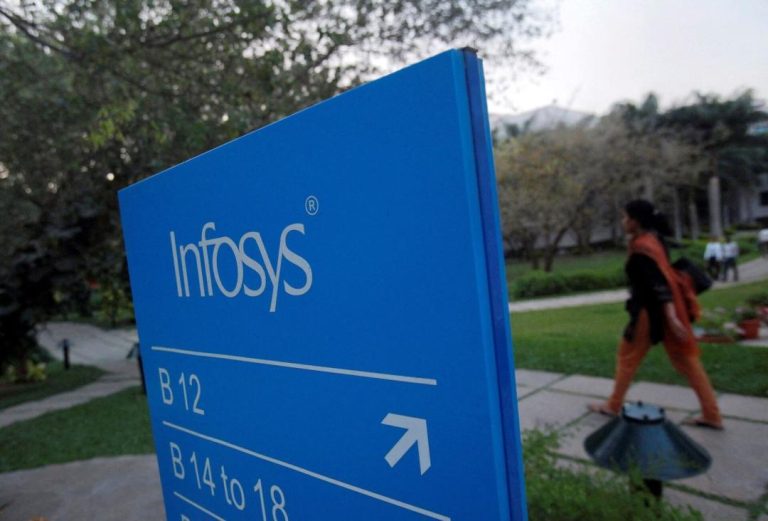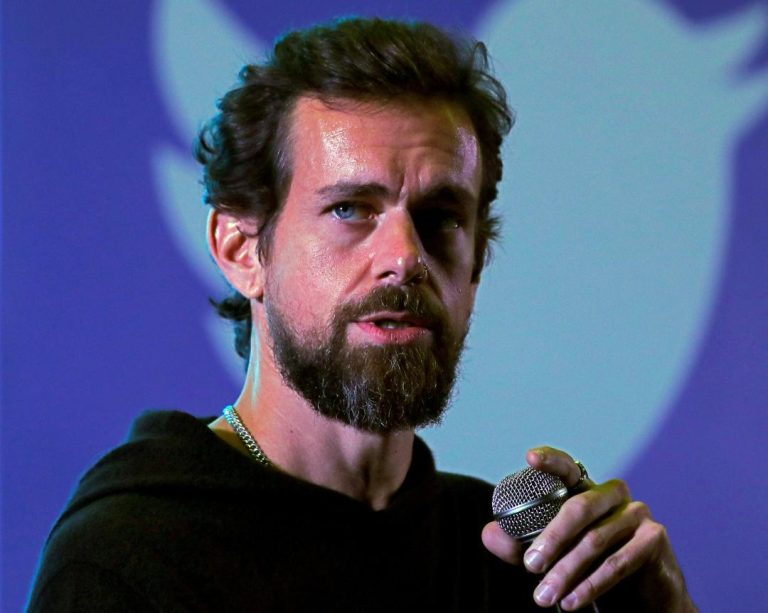
Why are Ola, Uber & Rapido drivers on indefinite strike in Mumbai?
The streets of Mumbai have been facing a peculiar issue lately, with Ola, Uber, and Rapido drivers going on an indefinite strike, causing disruptions in the city’s transportation system. The drivers, who are the backbone of these ride-hailing services, have been protesting against the low earnings they receive after deducting aggregator commissions and fuel expenses. The strike has resulted in longer wait times and fewer cabs on the road, causing inconvenience to commuters.
The drivers, who are estimated to be around 10,000 in number, have been demanding better earnings and more reasonable commissions from the ride-hailing companies. They claim that after deducting aggregator commissions and fuel expenses, their actual income falls to just ₹8-12 per kilometre. This amount is unsustainable, especially with rising fuel and maintenance expenses.
According to the drivers, the commissions charged by the aggregators are exorbitant and eat into their earnings. They claim that the commissions range from 15% to 25% of the total fare, which is unreasonable considering the expenses they incur. The drivers also pointed out that the aggregators do not provide them with any assistance or support, leaving them to bear the brunt of the expenses.
The strike has led to a significant reduction in the number of cabs available on the road, causing long wait times for commuters. Many passengers have taken to social media to express their frustration and disappointment at the situation. The strike has also affected the daily lives of many people, including office-goers, students, and tourists.
The drivers have been demanding a more reasonable commission structure, better earnings, and more support from the aggregators. They have also been seeking assistance from the government to regulate the ride-hailing industry and ensure that drivers receive a fair deal.
The strike has also highlighted the issue of the working conditions of drivers, who often work long hours without any breaks or rest. Many drivers have complained of fatigue, poor working conditions, and lack of social security. The strike has brought attention to the need for better working conditions and more social security for drivers.
The ride-hailing companies have been trying to resolve the issue by negotiating with the drivers and offering them better commissions. However, the drivers have been firm in their demands, saying that the offers made by the companies are not satisfactory.
The strike has also led to a debate on the need for regulation in the ride-hailing industry. Many experts have argued that the industry needs to be regulated to ensure that drivers receive a fair deal and that passengers are protected from unfair practices. The government has been considering regulations to ensure that ride-hailing companies comply with labor laws and provide better working conditions for drivers.
In conclusion, the strike by Ola, Uber, and Rapido drivers in Mumbai is a wake-up call for the ride-hailing industry. The drivers’ demands for better earnings, more reasonable commissions, and better working conditions are legitimate and need to be addressed. The industry needs to recognize the value of its drivers and provide them with a fair deal. The strike has also highlighted the need for regulation in the industry to ensure that drivers and passengers are protected from unfair practices.
Source:






